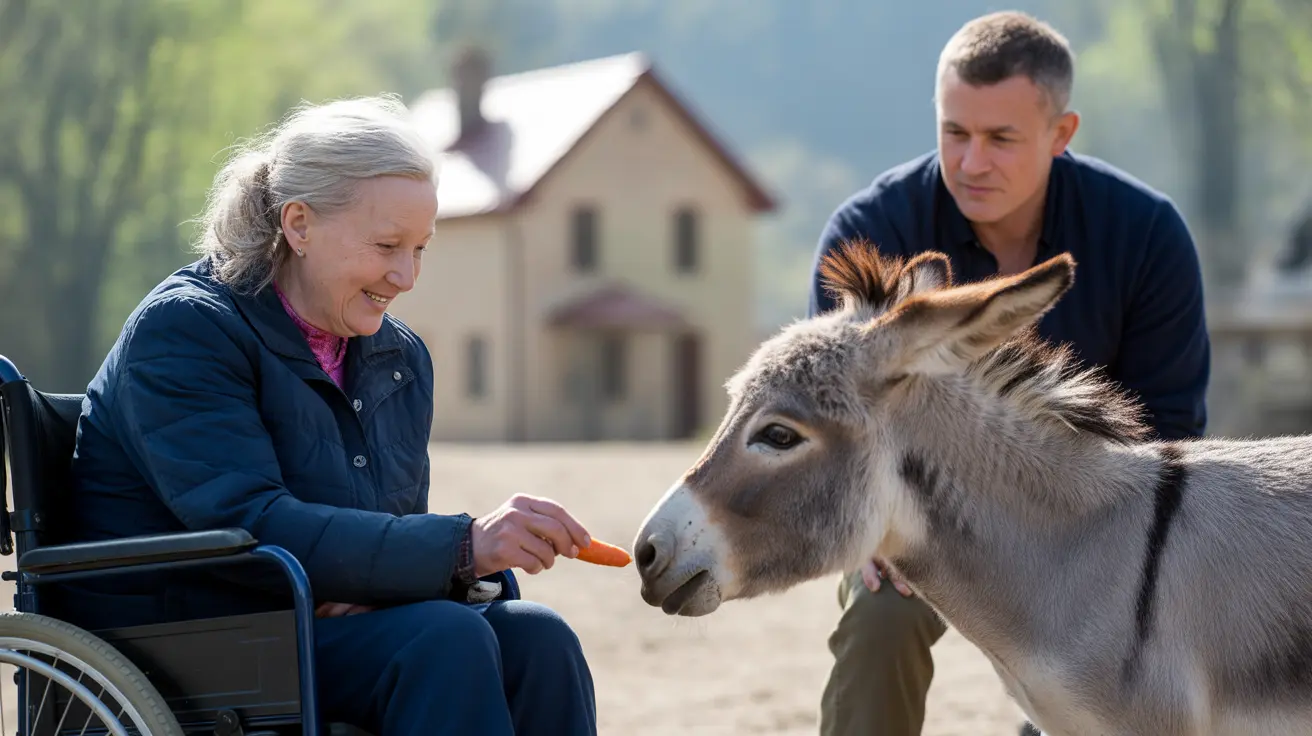For countless children and older adults, the healing power of animal-assisted therapy is making a profound difference in their daily lives. Through structured programs that pair trained therapy animals with individuals seeking support, these therapeutic interactions are helping bridge emotional gaps and foster meaningful connections across generations.
The transformative impact of animal-assisted therapy extends far beyond simple companionship. From helping children develop crucial social skills to providing seniors with emotional support and motivation for physical activity, therapy animals are proving to be invaluable partners in both mental and physical healthcare settings.
How Therapy Animals Support Different Age Groups
Benefits of Pet Therapy for Seniors
Older adults participating in animal-assisted therapy programs often experience significant improvements in their quality of life. These therapeutic animal programs provide companionship that helps reduce feelings of isolation while encouraging physical movement and social interaction. For seniors dealing with conditions like dementia, regular sessions with therapy animals can provide emotional anchoring and moments of genuine connection.
Therapy Animals for Children
Children facing various challenges find unique support through animal interactions. The presence of therapy animals can help reduce anxiety and create a safe space for emotional expression. Whether working with therapy dogs for anxiety or participating in horse therapy for kids, these programs offer structured opportunities for developing confidence and social skills.
Physical and Emotional Benefits of Animal-Assisted Therapy
Mental Health and Pets
The connection between mental wellness and animal interaction is well-documented. Therapy animals contribute to reduced stress levels and increased feelings of calm and security. This is particularly beneficial for individuals dealing with anxiety, depression, or PTSD, where animal therapy can provide crucial emotional support.
Physical Benefits of Therapy Animals
Beyond emotional support, therapy animals encourage physical activity and engagement. Horse therapy programs, for instance, help improve balance, coordination, and core strength. Meanwhile, therapy dogs can motivate individuals to engage in physical activities through walking or play sessions.
Therapeutic Animal Programs in Action
Certified Therapy Animals
These programs rely on specially trained and certified animals who undergo rigorous preparation to ensure they can safely interact with different populations. From calm and patient therapy dogs to gentle horses, each animal is selected and trained for specific therapeutic roles.
Social Skills Development
One of the most notable benefits of animal-assisted therapy is its impact on social skills development. Through guided interactions with therapy animals, participants often find it easier to open up, communicate, and build relationships with others.
Frequently Asked Questions
What conditions in children can animal-assisted therapy help with, and how does it work?
Animal-assisted therapy helps children with autism, ADHD, trauma, anxiety, and developmental delays by reducing stress and anxiety, improving social skills and communication, and increasing motivation and emotional regulation through guided interactions with trained therapy animals.
How can therapy animals benefit older adults and seniors, especially those with dementia or Parkinson's?
Therapy animals improve mood, reduce loneliness and depression, enhance mobility, and stimulate positive social interaction for older adults, including those with dementia, Parkinson's, and stroke, by providing emotional support and encouraging physical activity during structured sessions.
How does interacting with therapy animals physiologically affect people's mental and physical health?
Interaction triggers release of serotonin, oxytocin, and endorphins leading to improved mood and calmness; it also lowers blood pressure, heart rate, and stress hormones like cortisol, enhancing both mental and physical well-being.
The growing recognition of animal-assisted therapy's benefits continues to expand opportunities for both young and old to experience these remarkable connections. As more facilities incorporate therapy animals into their care programs, the positive impact of these special relationships promises to touch even more lives in meaningful ways.






